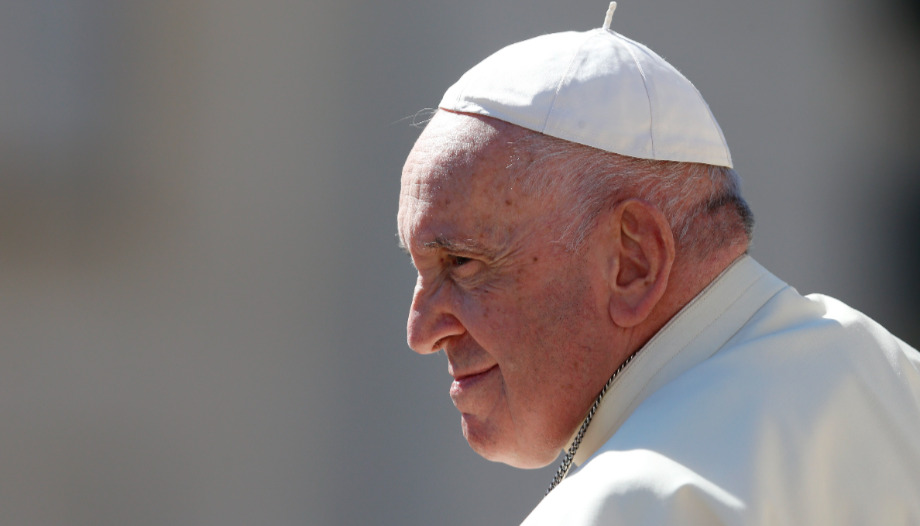After making review of the trip to Kazakhstan in his audience last Wednesday, September 21, the Pope has continued the series of catechesis on discernment spiritual. On this occasion, he focused on the central role played by personal prayer in understanding reality with a supernatural vision.
Truly trusting God
Personal prayer should include various human dimensions, including the affective dimension, so that we approach God "with simplicity and familiarity, as one speaks to a friend. Prayer is not something formal or complicated, but is characterized by "affectionate spontaneity. The secret of the life of the saints is familiarity and confidence with God, which grows in them and makes it easier and easier to recognize what pleases him. This familiarity overcomes the fear or doubt that his will is not for our good, a temptation that sometimes pierces our thoughts and makes the heart restless and insecure".
The Pope emphasized how the Christian life consists in "living a relationship of friendship with the Lord, as a friend speaks to a friend (cf. St. Ignatius of L., Spiritual Exercises, 53). It is a grace that we must ask for one another: to see Jesus as our greatest and most faithful Friend, who does not blackmail, and above all who never abandons us, even when we turn away from him.
There is no absolute certainty in discernment
Except on very rare occasions, the Christian's life takes place in the chiaroscuro of faith, that is to say, on most occasions it is human prudence that must discover the will of God by having recourse to him with right intention. "Discernment does not claim absolute certainty, because it refers to life, and life is not always logical, it presents many aspects that cannot be enclosed in a single category of thought. We want to know precisely what should be done, but, even when it happens, we do not always act accordingly".
God wants our happiness
The Pope pointed out that Satan's intention is to offer people the wrong image of God: "that of a God who does not want our happiness". This is not something that happens only to non-believers but also to many Christians. Some even "fear that taking his proposal seriously means ruining our lives, mortifying our desires, our strongest aspirations. These thoughts sometimes creep up inside us: that God is asking too much of us, or that he wants to take away what we want most. In short, that he doesn't really love us".
The consequence of being close to God is joy, as opposed to sadness or fear, "signs of distance from him". Glossing the parable of the rich young man the Pope commented on how his good desires were not enough to follow Jesus more closely. "He was an interested, enterprising young man, he had taken the initiative to see Jesus, but he was also very divided in affections, for him riches were too important. Jesus does not force him to make up his mind, but the text points out that the young man goes away from Jesus 'sad'. He who turns away from the Lord is never happy, even when he has at his disposal a great abundance of goods and possibilities.








